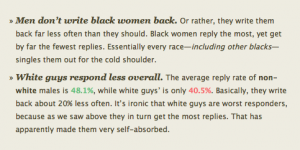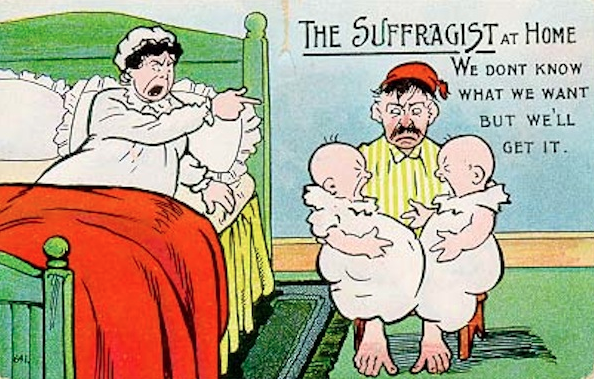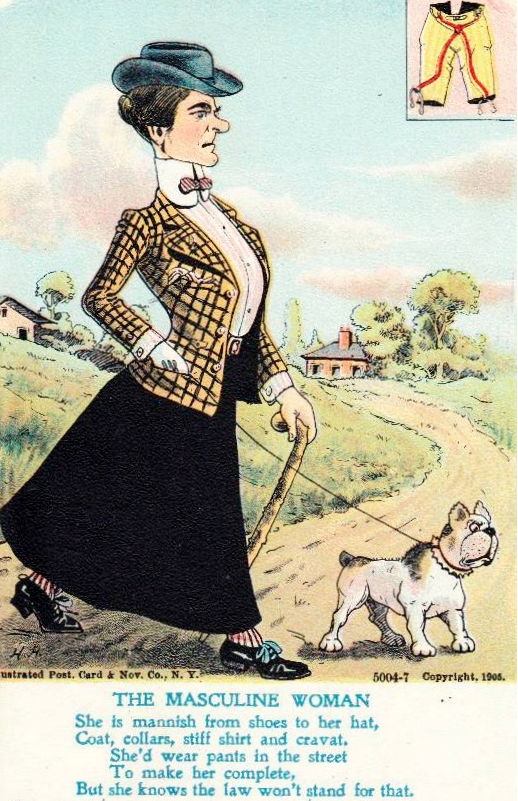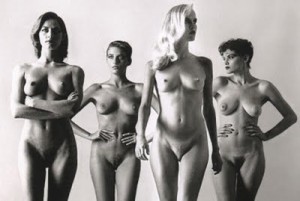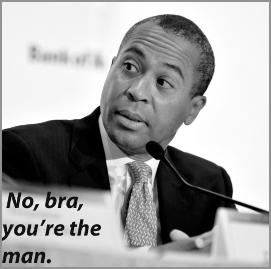A
common misconception among feminists and those curious about feminist thought
is that women need to stop criticizing other women. Taking it further, some
people believe feminists must not criticize other feminists. Sheryl Sandberg
talks about the shortness of Marissa Mayer’s maternity leave and the criticism
that followed her announcement in her new book, “Lean In.” I agree with her
that Mayer has been labeled “the CEO that represents all working mothers,” and
that is unfair. I think some of the criticism of Mayer’s maternity leave, her
personal choice, is undeserved. But I disagree with her assertion that women
need to stop criticizing each other, especially feminists who criticize other
feminists.
Political
and social movements need introspection. There are plenty of groups that could
benefit from a little introspection. The Republican Party is a great example.
Feminists may agree on some of the main problems that need to be addressed,
such as pay equity, maternity leave, and rape culture, but feminists differ on
what solutions are best. Some feminists are “choice” feminists who believe all
choices women make should be celebrated and others believe that the reasons
behind those choices are still relevant and influenced by traditional gender
roles, as Sandberg does.
Sandberg
laments the fact that Betty Friedan and Gloria Steinem did not get along, to
say the least. Friedan considered some of Steinem’s statements about marriage
and relationships with men too extreme. In the book “Interviews with Betty
Friedan,” edited by Janann Sherman, Friedan said of her feud with Steinem:
“They
can’t seem to understand that every important movement is going to have a
certain amount of fighting over turf. Men do it all the time in politics…When
she said marriage was a form of prostitution, I spoke up and criticized her.
Her view had nothing to do with my kind of feminism and I said so…That extreme
kind of thinking tends to come from women who hate having to deal with the
complexities of juggling a career and a family and so, almost literally, they
want to throw the baby out with the bathwater.”
What
Sandberg fails to realize is how these disagreements between feminists of
different eras helped grow the feminist movement. Steinem wanted to bring
feminism in a new, and I would argue a more inclusive and progressive, direction.
For example, “The Feminine Mystique” benefitted many white middle class women
living as housewives, but it didn’t apply to women of a different sociological
background, who always had to work. Their issues were different. Friedan was also
considered hostile to the gay rights movement. In a New York Observer article, Alix Kates Shulman said Friedan called
feminist lesbians the “lavender menace.” In “The Feminine Mystique,” she argued
that housewives who smothered their children with affection could turn their
sons gay through resentment of women, and in the context of her argument, I
doubt this was considered a positive result. Friedan wrote:
“Whether
or not there has been an increase of homosexuality in America, there has
certainly been in recent years an increase in its overt manifestations. I do
not think this is unrelated to the national embrace of the feminine mystique.
For the feminine mystique has glorified and perpetuated in the name of
femininity a passive, childlike immaturity which is passed on from mothers to
sons, as well as daughters. Male
homosexuals—and the male Don Juans, whose compulsion to test their potency is
often caused by unconscious homosexuality—are, no less than the female
sex-seekers, Peter Pans, forever childlike…”
Steinem
also made major inroads to include more feminists of color and allied the
feminist movement with the civil rights movement. The feminist conversation is
still too dominated by white women, especially upper-middle class white women,
but Steinem made progress in that regard. None of this information is meant to
demonize Friedan, who founded The National Organization for Women and the
National Association for Repeal of Abortion Laws and fought hard for equal pay,
or celebrate Steinem, who has her share of critics over statements she has made
about transsexuals and the legalization of prostitution. The feminist movement
desperately needed both Friedan and Steinem’s contributions, despite their
disagreements. Without one, there wouldn’t be the other.
We
can’t discourage feminists from arguing with each other. I understand that
Sandberg is concerned with the portrayal of women engaging in perceived
“catfights.” She wants feminists to work together in order to solve major
problems. But feminism’s birthing pains helped it grow into a stronger, more
diverse movement. As Sandberg points out, women have major hurdles to jump
over. Women are still underrepresented in management and held back from
pursuing promotions and engaging in office discussions. If “Lean In” proves anything,
it is that the solutions to these problems will not be easy to find or straightforward.
The issues she describes are nuanced and complicated. These are the kind of
problems that must be solved by a diverse group of people with conflicting
views. We need creative solutions, which we will never hope to find if we brush
over our conflicts or shut out people or who are likely to disagree.

